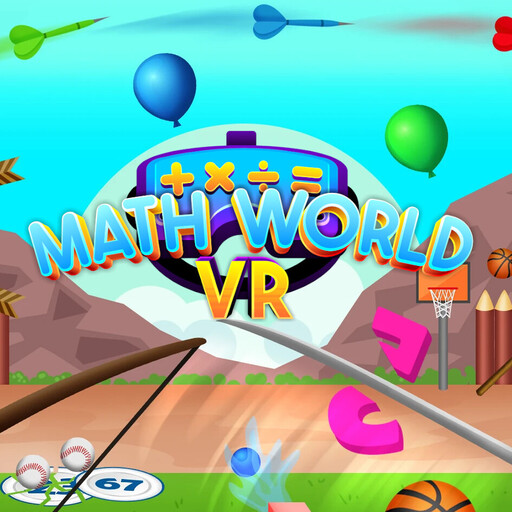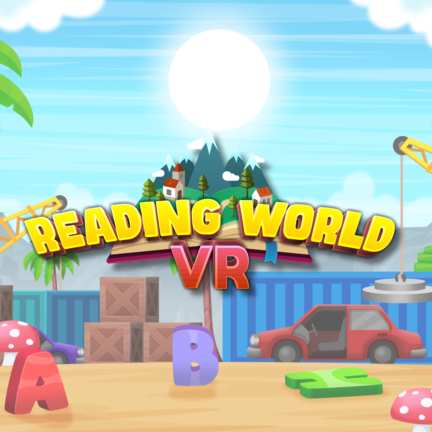The realm of education is in a constant state of flux, adapting and evolving to the changing times. One of the most groundbreaking developments we’ve seen in the recent past is the fusion of gaming with educational practices. This isn’t just about adding a fun element to learning; it’s about harnessing the unique attributes of games to enrich the learning journey. This article offers a fresh perspective on the benefits of gaming in contemporary education, shedding light on its advantages, practical applications, and the exciting possibilities it holds for the future.
1. Igniting Engagement & Motivation
Traditional pedagogical methods can fall short in maintaining student engagement. In contrast, games, with their interactive dynamics and reward mechanisms, have the power to spark interest and hold it. They transform learning spaces into immersive arenas where students are active players, not just passive information absorbers. The immediate feedback and rewards that games offer can drive students to push their boundaries and strive for mastery. The sense of achievement that comes with game progression can fuel a heightened motivation to learn.
2. Promoting Critical Thinking & Active Learning
Educational games are far from being platforms for mindless entertainment. They demand players to think critically, make decisions, solve problems, and apply knowledge. This active participation in the learning process aids students in honing their critical thinking skills and deepens their comprehension and retention of the subject matter. Gaming can also provide many benefits for a players education. Whether it’s planning strategic moves in a chess game to sharpen logical thinking or solving intricate puzzles in a math game to grasp complex concepts, games act as catalysts for active learning.
3. Building Social & Emotional Skills
A significant number of educational games feature multiplayer modes, promoting social interaction and teamwork. These games serve as effective tools for students to develop crucial social skills like communication, collaboration, and conflict resolution. Simultaneously, they instill emotional skills such as patience, perseverance, managing frustration, and dealing with success and failure—skills that are vital for both personal and professional spheres of life.
4. A Tailored Learning Experience
Every learner is unique, with their own pace and style of learning, and games can accommodate this diversity. Educational games often employ adaptive learning technologies that tweak the difficulty level based on the player’s performance, offering a tailored learning experience. They also empower students to learn at their own pace, delve deeper into challenging concepts, and progress once they’ve achieved mastery.
5. The Digital Future Ahead
In our progressively digital world, skills like digital literacy, computational thinking, and problem-solving are becoming indispensable. Gaming serves as an engaging conduit to introduce these skills. For instance, coding games can demystify programming concepts and make them fun, while simulation games can impart systems thinking and real-world problem-solving skills.
Practical Applications of Gaming in Education
Educational games can be seamlessly woven into virtually any subject. For instance, language games can bolster vocabulary and grammar skills, making language learning less intimidating. Science games can simulate intricate scientific phenomena, allowing students to experiment and learn in a risk-free environment. History games can transport students to different time periods, fostering a deeper understanding and appreciation of historical events.
Moreover, games can extend the learning experience beyond the confines of the classroom. They can be integrated into homework or used for self-study, offering students an engaging way to reinforce their learning. They can also find a place in extracurricular settings, striking a balance between entertainment and education.
The Role of Educators in Curating Game-Based Learning Experiences
As the field of education embraces the possibilities offered by gaming, the role of educators becomes increasingly crucial. Their knowledge and guidance are instrumental, in molding the gaming experience to align with objectives. This will help ensure players receive an experience that benefits them when combining gaming and education.
Curating the Right Games: Not all games are the same. It’s important for educators to choose games that match curriculum goals and provide benefits. This means keeping up with the developments in gaming and trying out games before using them with students.
Integrating Games into Lesson Plans: Just introducing a game isn’t sufficient. Educators should seamlessly incorporate it into their lesson plans, making sure that the gameplay aligns with the teaching goals. This may include initiating some game discussions to establish the context and conducting post game reflections to reinforce learning.
Facilitating Collaborative Gameplay: There are quite a few games there that allow multiple players to participate. Teachers can take advantage of this feature to encourage learning by setting up group gameplay sessions. This can help encourage teamwork, communication, and collective problem solving among their students.
Providing Continuous Feedback: Games have an advantage in providing feedback which can be further enhanced by educators who offer additional guidance. This helps students comprehend their errors and directs them towards the correct strategies and outcomes. By providing feedback, you can instill further benefits in your students education.
Ensuring Ethical Gameplay: Apart from the gameplay, it is crucial for educators to cultivate a sense of ethical behavior among students. This involves engaging in conversations about safety, showing respect towards players, and comprehending the business side of gaming like.
Conclusion
The benefits of gaming in modern education is a game changer. (no pun intended.) By making learning interactive, personalized, and engaging, games can boost motivation, stimulate active learning, nurture essential skills, and equip students for the future. However, it’s important to remember that games are just one of the many tools in an educator’s arsenal. They should be employed strategically, alongside other teaching methods, and always with clear learning objectives in sight.
As we gaze into the future, the potential benefits of gaming in education is exhilarating. As educators, parents, and students, we have the golden opportunity to tap into this potential to make learning a more enriching and enjoyable journey. Let’s embrace the transformative power of gaming in education and continue to explore innovative ways to inspire and engage learners.








